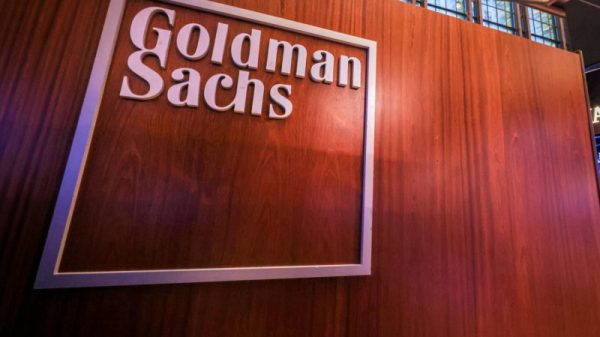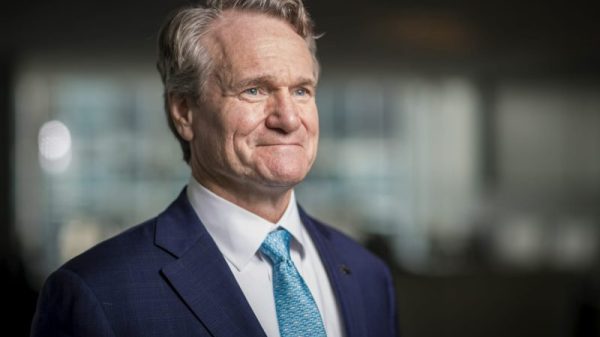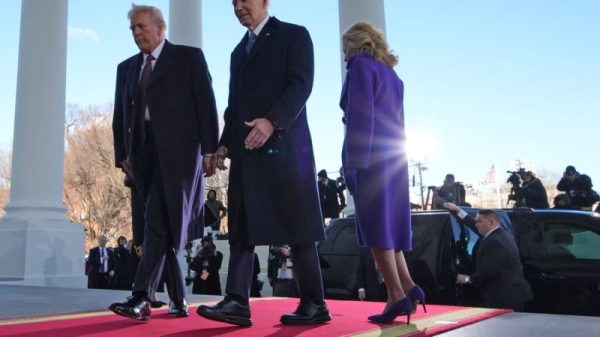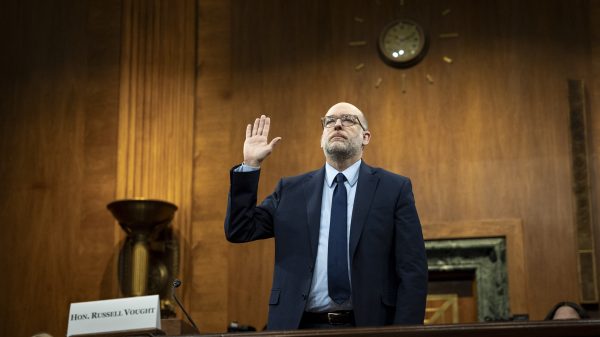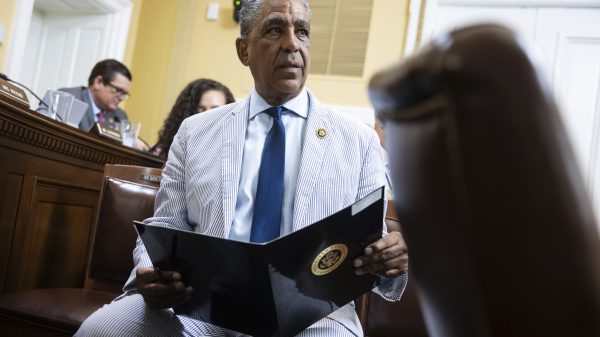House Speaker Mike Johnson confirmed to reporters Monday there’s “been some discussion” of tying California wildfire aid to a debt limit increase, after GOP members raised the issue with Donald Trump in several meetings at the President-elect’s Florida resort this weekend.
The notion that Congress could make the release of disaster relief dollars conditional upon also agreeing to raise the debt ceiling is already facing pushback from some Democrats.
But many California Republicans, including Rep. Doug LaMalfa, said in a brief interview Monday they may have no choice but to pursue that option given the potential urgency around addressing the Los Angles fires, paired with the reality that the nation could default on its borrowing authority in a matter of months.
Linking the two issues together could bring a larger coalition of support to the table from both sides of the aisle and allow Johnson (R-La.) to deliver Trump a debt ceiling increase sooner rather than later.
LaMalfa also noted, however, that it will “take a little time” to assess the damage in California and estimate how much money will be needed on top of the $100 billion Congress made available for natural disasters at the end of last year.
He added that a bipartisan negotiation over wildfire aid and the debt ceiling could actually be a positive exercise for lawmakers early in the year. But it could also be complicated and quickly grow unwieldy: LaMalfa, the chair of the Congressional Western Caucus, said he expects lawmakers from states that were hit hard by Hurricanes Helene and Milton, including North Carolina, to also press for more federal disaster relief money if wildfire aid is also made available.
Ultimately, House Republicans have yet to decide on a path forward for addressing the debt ceiling in the coming months, with many fiscal conservatives opposed to doing so at all without steep, corresponding spending cuts. Johnson (R-La.) has pushed to include a debt limit increase as part of the massive budget reconciliation bill Republicans are pursuing to enact new border security, energy and tax policies.
But Several House Republicans during their Sunday night dinner with Trump at Mar-a-Lago, specifically raised the pitfalls of addressing the debt limit in reconciliation packages, according to two House Republicans who were in the room and were granted anonymity to share details of a private conversation.
Trump also appeared open to raising debt limit as part of a government funding bill Congress must pass by March 14 to avoid a shutdown, said one of the Republicans.
Johnson told reporters, “we’ll see where it goes,” acknowledging that he, personally, supported putting “conditions” on California wildfire aid.
“That’s my personal view,” he said.
If Congress doesn’t clear a bill lifting the debt ceiling in the coming months, the U.S. government risks defaulting on its more than $36 trillion debt, a failure many economists predict would mar the United States’ reputation as a reliable borrower and deal a blow to the global economy.
While the Treasury Department has yet to predict when the U.S. might officially run out of borrowing power this year, some outside budget experts predict the government could risk a debt default as early as June.
Jennifer Scholtes contributed to this report.


